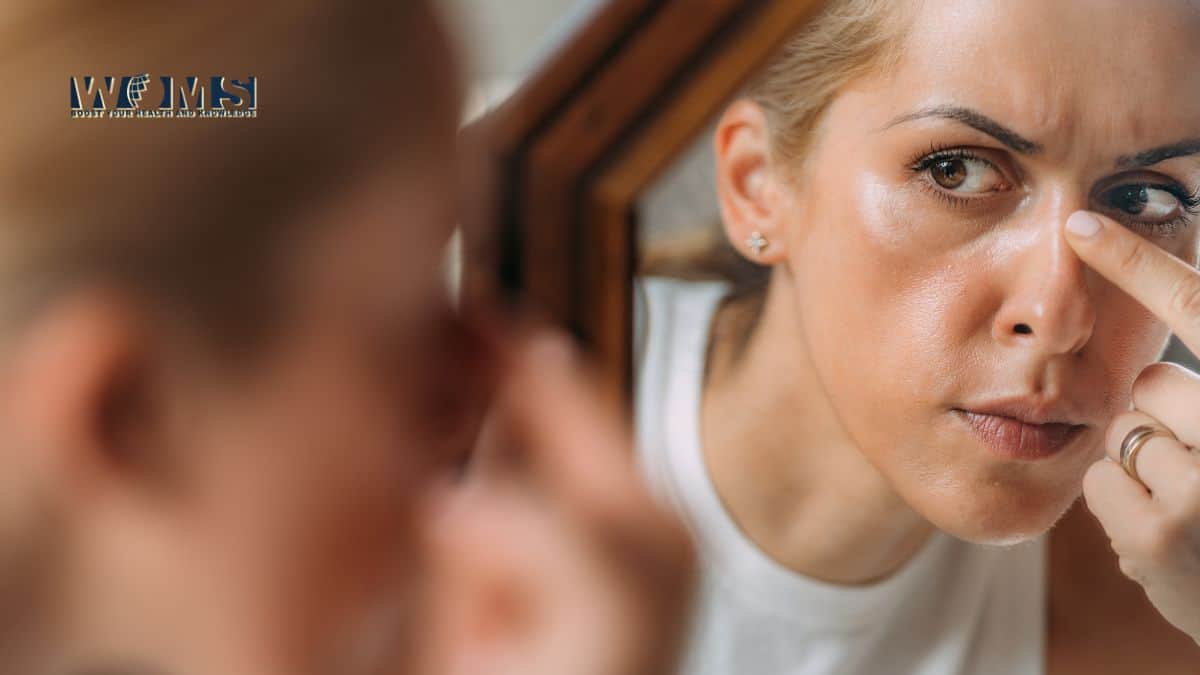Body Dysmorphic Disorder: More Than Just Body Anxiety

Are you (or is someone you know) consistently concerned about the way you look? Does that spot on your nose distract you every time you look in the mirror? Or are you unable to obtain the perfect curves, no matter how hard you try?
When these “flaws” in your appearance that no one else pays attention to become so distracting that you can’t stop obsessing over them, you may have body dysmorphic disorder.
More than just a body image concern, this disorder causes you to feel embarrassed or ashamed of your appearance, therefore avoiding activities of daily life that require you to be around others. Body dysmorphic disorder can be highly debilitating. Mental health facilities in Houston and other major cities include special programs to handle this serious disorder.
Symptoms of body dysmorphic disorder can mimic body anxiety, which many of us write off as a normal part of society. Here, we’ll explain exactly why this disorder is so concerning and why you should not ignore the signs.
How to Know if Your Body Anxiety is a Disorder
Unless you’re extremely confident, you likely have at least one perceived flaw in your appearance that you’re unhappy about or wish you could change. For many of us, this could be something like our height, weight, or smile. But when that flaw is so minor that others don’t see it or don’t think it’s as horrible as you do, and you fixate on it anyway, you might have a body dysmorphic disorder.
Other signs of this condition include:
- Avoiding social activity because of the fear of judgment of your “flaws.”
- A belief that this defect makes you deformed or ugly.
- A belief that others are always looking at you or teasing you because of your flaws.
- Consistently engaging in methods to hide or fix flaws with makeup, clothes, styling, or medical procedures.
- Regularly looking for assurance from others about your appearance.
- Repetitive thoughts and behaviors about your appearance that lead to distress. issues with your job or social life, or detract from other parts of your life.
These warning signs can start out small, but over time, they tend to become so distracting that they border on obsessive. Although you may even recognize that your thoughts and beliefs about your appearance are likely exaggerated, you can’t stop them from seizing control of your mind and life.
Treatment for Body Dysmorphic Disorder
As with any mental illness, it’s easy to overlook the severity of this disorder until it is so far gone that it needs immediate treatment. If possible, talk to your doctor or a medical health professional as soon as you begin to notice the signs of body dysmorphic disorder cropping up in your life.
This condition typically worsens without treatment, leading to other mental disorders such as depression, anxiety, and suicidal tendencies. Please get help immediately if you have suicidal thoughts by calling 911 or the emergency number in your area. The Suicide & Crisis Lifeline is 988, available by text or phone call all day, every day. You can even reach out to the Lifeline Chat.
Body dysmorphic disorder isn’t always full of urgent signs, though. Before you get to this serious and dangerous point, talk to your loved ones about your concerns. They can encourage you and support you along your journey back to a healthy mental outlook. Then, contact a mental health professional, your doctor, or a trusted spiritual leader to take the next steps to recovery.




